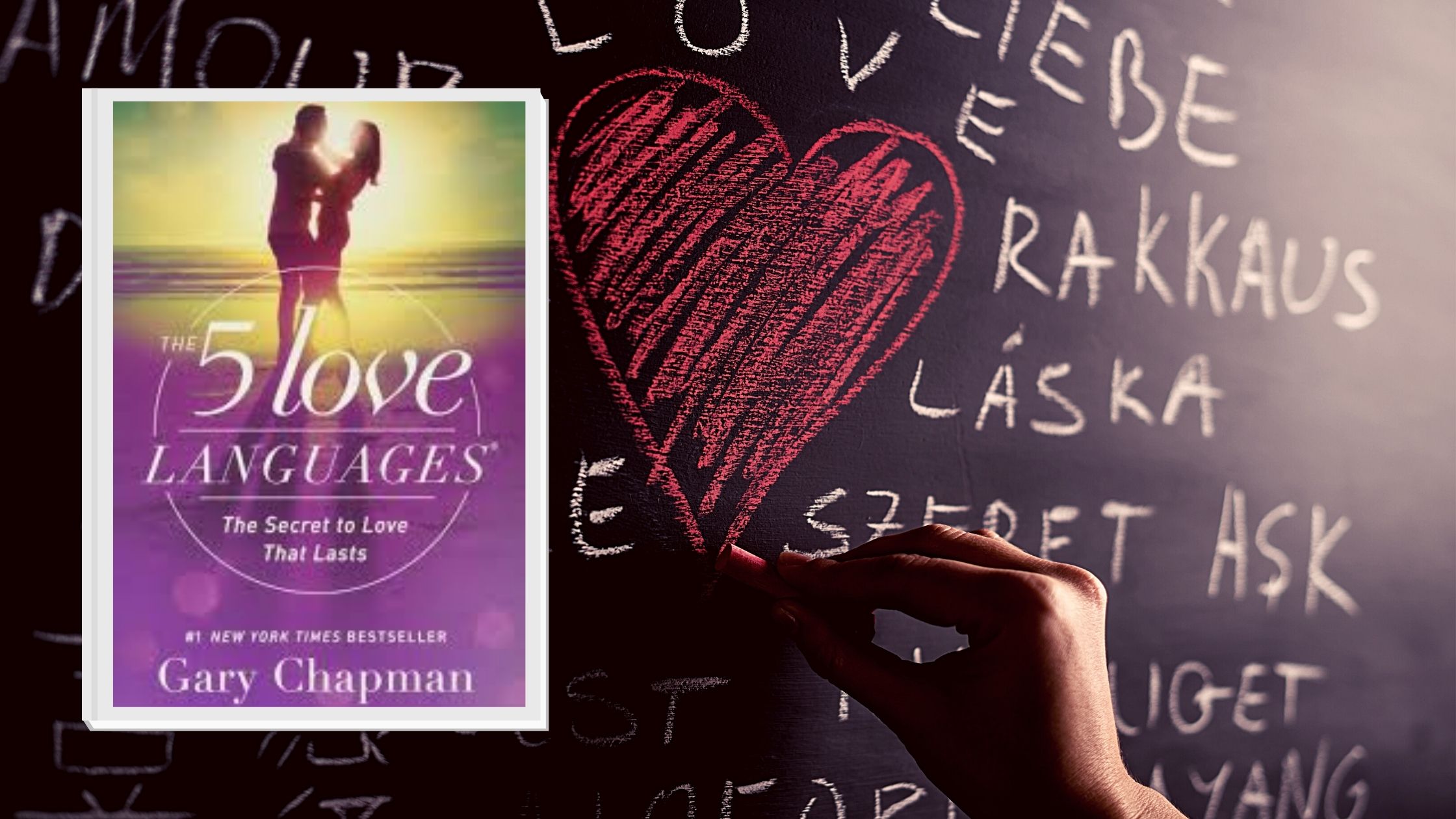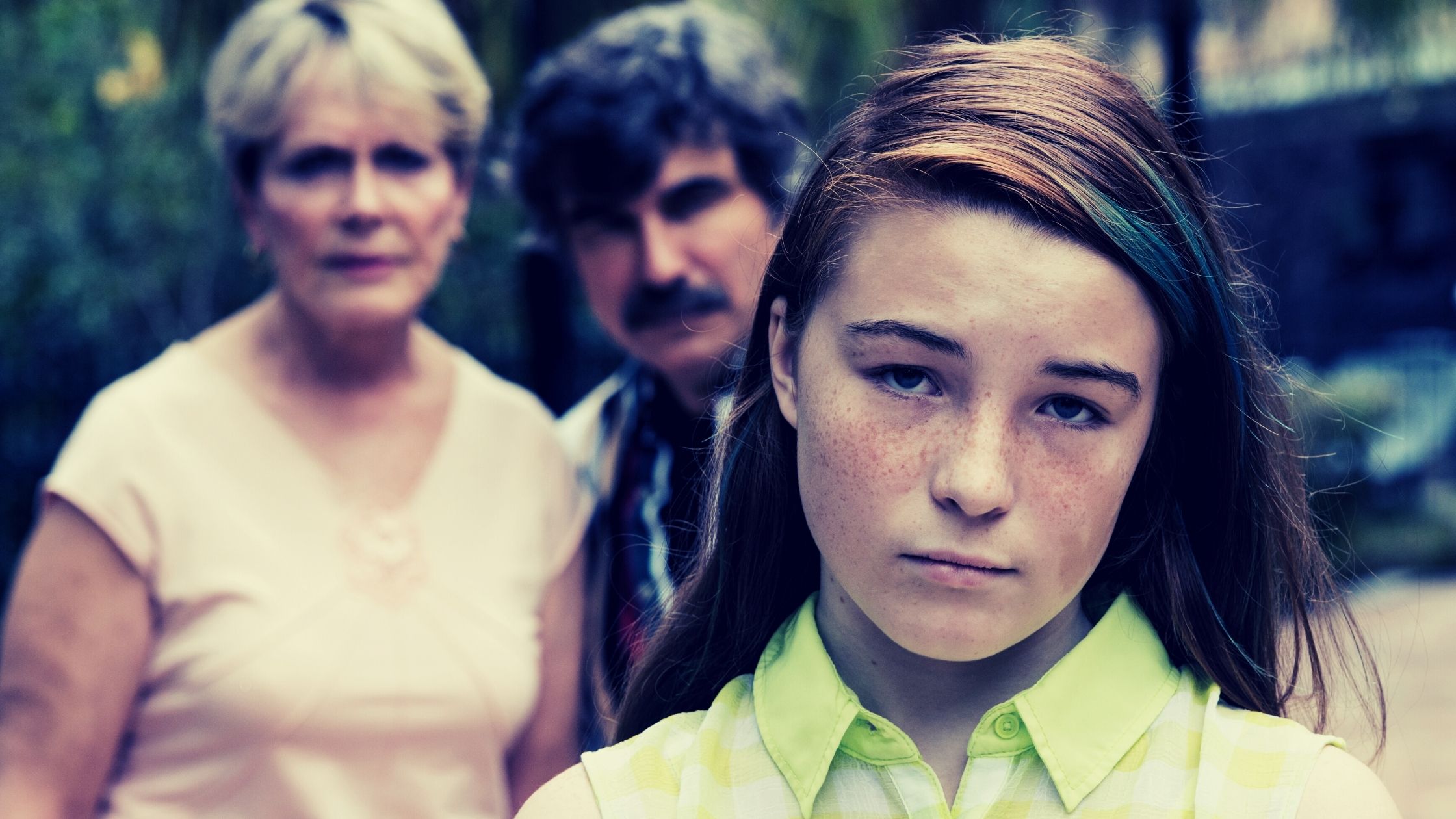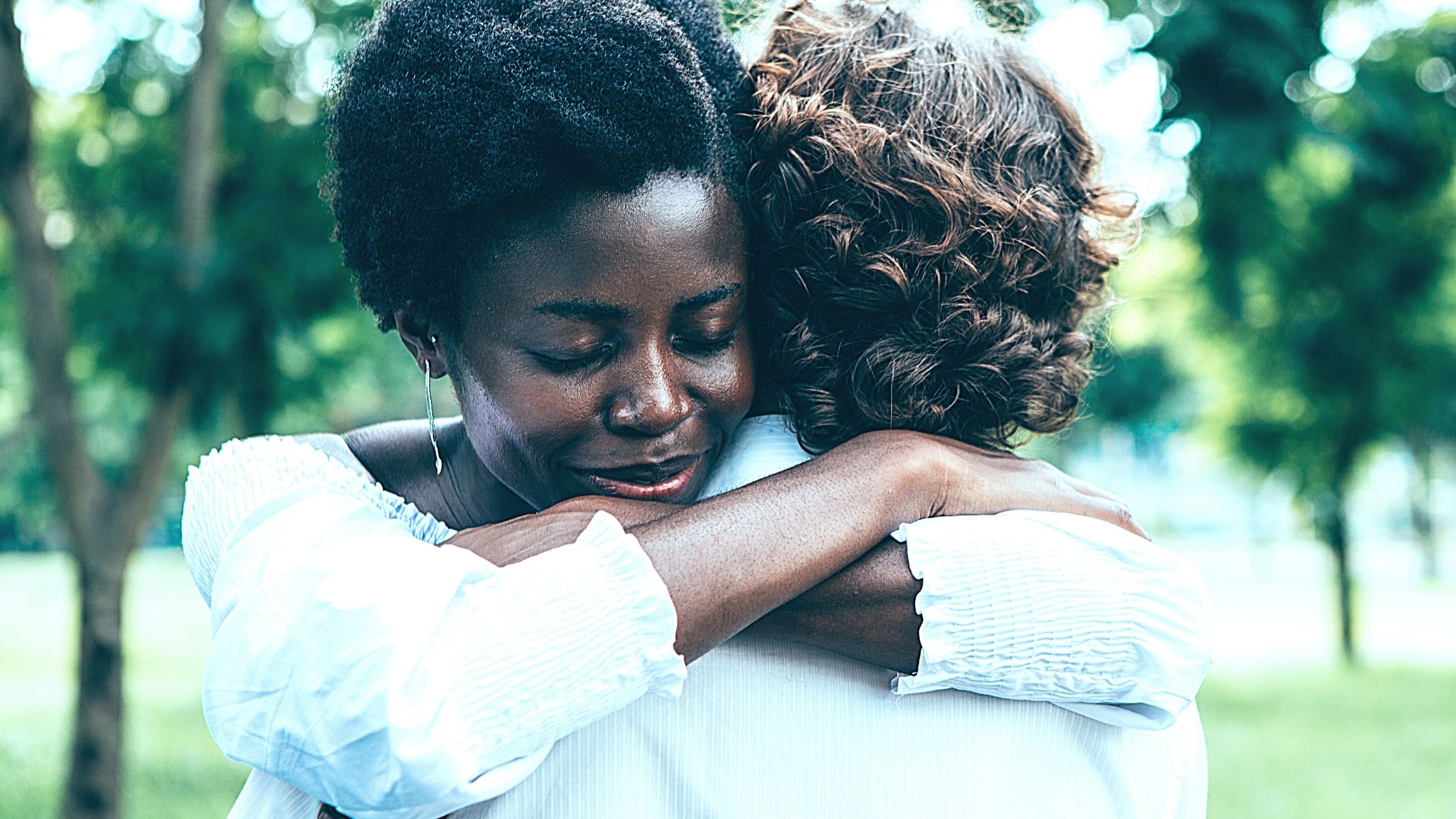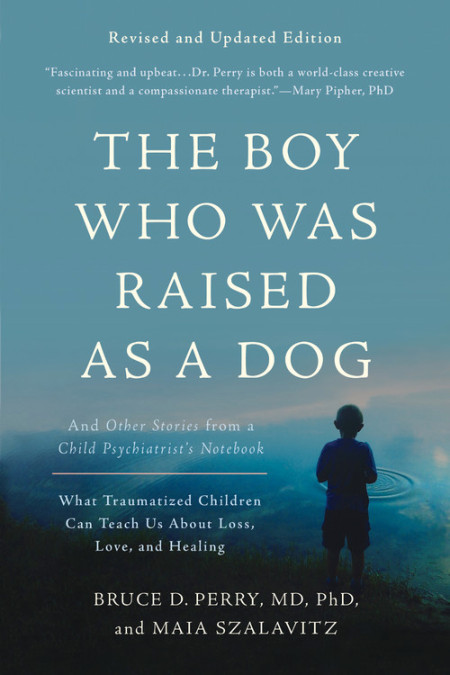Struggling with Compassion? Apply these 4 tips on how to find your empathy again
Compassion comes to people naturally. Even in the nursery, infants experience empathic distress–when one baby cries, ALL babies start to cry. Problems experiencing and expressing compassion tend to arise the more involved we get in the complexities of social give and take. Compassion becomes especially tricky in a couple of different scenarios: First, I might have trouble feeling compassion for others if I feel like I am sacrificing more than you are. Or, perhaps I feel like you’re getting more back than I am if we sacrifice the same amount. Worse still, I might see that you sacrifice less than me and get more back. Politicians, financiers, billionaires are all easy targets for antagonism because many people agree they don’t deserve our compassion. Why? Because we believe they often make more than us, pay less taxes, and/or work less. The second reason compassion can be tricky is if I don’t see you as belonging to the same group. Nationalist and racial examples abound here. A less emotionally charged example would be the world of professional …










